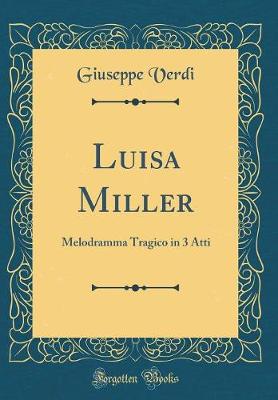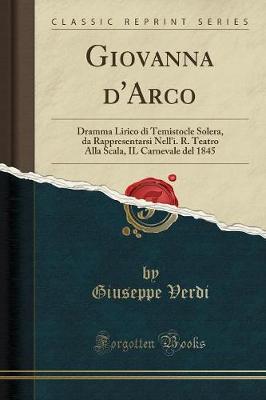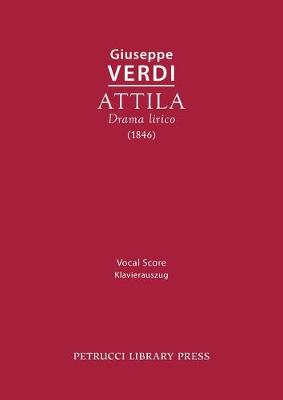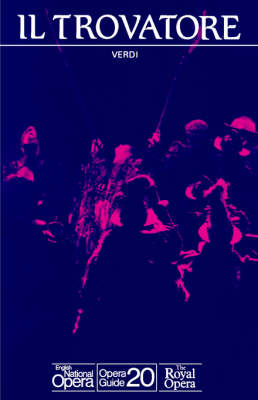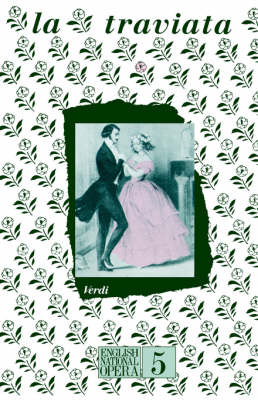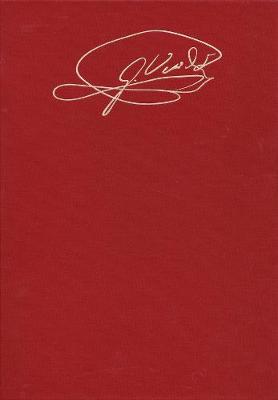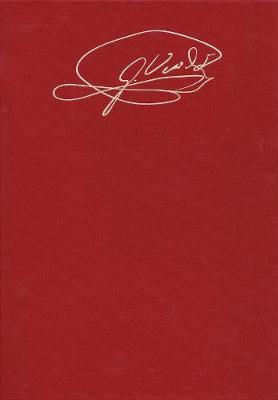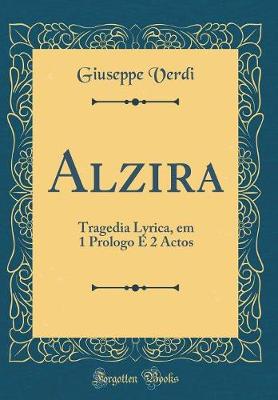The Works of Giuseppe Verdi, Series 1: Operas
1 primary work • 8 total works
Book 15
Luisa Miller, a milestone in the maturation of Verdi's style, is the fifth work to be published in The Works of Giuseppe Verdi. Following the strict requirements of the series, this edition is based on Verdi's autograph and other authentic sources, and has been reviewed by a distinguished editorial board--Philip Gossett (general editor), Julian Budden, Martin Chusid, Francesco Degrada, Ursula Gunter, Giorgio Pestelli, and Pierluigi Petrobelli. It is available as a two-volume set: a full orchestral score and a critical commentary. The newly set score is printed on acid-free paper and beautifully bound in an oversized format. The introduction to the score discusses the work's genesis, sources, and performance history as well as performance practice, instrumentation, and problems of notation. The critical commentary discusses editorial decisions and identifies the sources of alternate readings of the music and libretto.
Editor Alberto Rizzuti's introduction discusses the opera's origins, sources, and performance questions, while the critical commentary details editorial problems and solutions.
I, Vol 19
Traviata, La
by Giuseppe Verdi, Francesco Maria Piave, Edmund Tracey, and Alexandre Dumas
Not until 1992 was it revealed that Verdi's heirs possessed not only most of the canceled score, but also sixty pages of sketches for Stiffelio. These were used for the preliminary score of the critical edition, premiered in 1993 at New York's Metropolitan Opera. It was the first time Stiffelio was performed as Verdi wrote it. It has been enthusiastically received around the world.
With the publication of the critical edition, the first in full orchestral score, Stiffelio should take its rightful place in the Verdi canon.
Together with the detailed critical commentary, discussing problems and ambiguities in the sources, this edition provides scholars and performers alike with a means for interpretation and study of this poorly known work.
